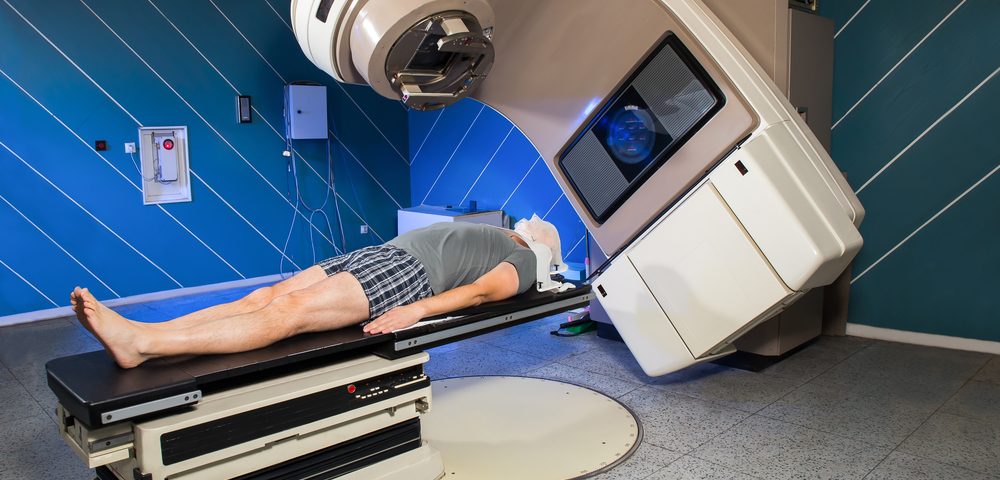Radiation therapy combined with new immunotherapeutic interventions that boost immune cells is showing promising benefits in melanoma treatment, according to a new study entitled “The integration of radiation therapy and immunotherapy in melanoma management,” published in the Journal of Radiation Oncology.
Melanoma is an aggressive form of skin cancer that is expected to affect approximately 76,000 patients this year in the U.S. alone. Metastatic melanoma patients often require multimodal therapies, with their prognosis remaining poor. The 1-year survival rates for stage IV melanoma range from 33% to 62%.
Radiation therapy and immunotherapy have long been used in the treatment of melanoma. Radiation kills cancer cells by inducing damage to the DNA; immunotherapies activate immune cells to recognize and attack cancer cells. According to researchers of the study at the Loyola University Chicago Stritch School of Medicine, combining both therapies provides a synergistic effect.
Melanoma in particular exhibits intriguing immunological phenomena that suggested that the immune system could be harnessed to treat melanoma patients. Spontaneous regression of melanoma is a rare but well-documented phenomenon and, although regression of the primary melanoma lesion is more common than regression of the metastatic lesions, only the latter is associated with an improved outcome.
Exactly why spontaneous regression of melanoma occurs is unclear, but the immune system plays an important part in this process.
A key observation that supports the role of the immune system in melanoma is the abscopal effect, a rare phenomenon characterized by a spontaneous regression of metastatic melanoma following a localized treatment, such as radiation. The radiation decreases tumor size but it seems to also activate a systemic immune response that attacks cancer cells throughout the body.
The study’s lead senior author Dr. James S. Welsh, a professor in the department of radiation oncology at Stritch School of Medicine, saw the abscopal effect himself when he gave radiation therapy to a melanoma patient with liver and bone metastasis. The treatment was intended to shrink the tumor in the patient’s femur to reduce pain and the risk of fracture, but three months later the cancer had completely regressed.
Currently, a number of immunotherapies are being tested. In particular: the generation of checkpoint inhibitors, which are molecules that take the breaks off immune cells and allow them to efficiently attack the cancer cells. Encouraging results have been found when combining these checkpoint inhibitors or other immunotherapies with radiation.
But not all patients are able to mount an effective immune response against melanoma. The authors suggest searching for biomarkers in patients that could predict positive responses for the combination immunotherapy and radiation treatment.


